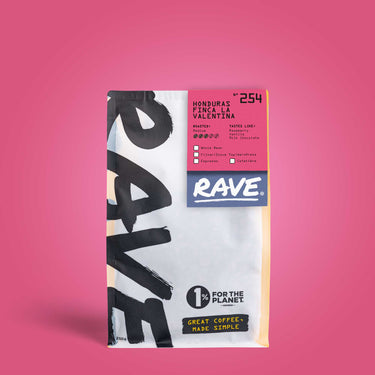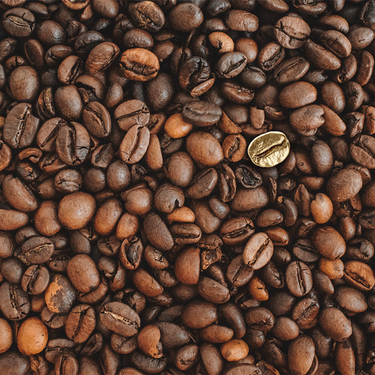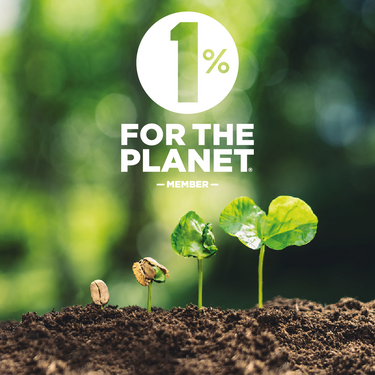OWNERS – Julio Peralta
FARM – Finca El Bosque
ALTITUDE – 1250-1550 m
LOCATION – San Fernando, Nueva Segovia
PREPARATION – Natural and honey processed, sun dried.
VARIETY – Caturra, Catuai, Java and Villa Sarchi
CERTIFICATION – Rainforest Alliance
HARVEST – January to April
SHIPMENT – April to July
The municipality of San Fernando is located around 24 kilometres from the region’s capital ‘Ocotal’ and of the 10,000 residents, the vast majority are coffee farmers. This beautiful area is home to the stunning ‘Finca El Bosque’ which has been owned and managed by Julio Peralta since 1991. The farm lies on the mountainous slopes in the Nuevo Segovia region on the border of Honduras, providing spectacular views of the surrounding forests and mountains of Jicaro and San Fernando. El Bosque produces coffee at altitudes of between 1250 to 1500 metres above sea level and has an annual rainfall of approximately 1800 millimetres. These factors, along with Julio’s inherited passion and dedication for growing exceptional coffee, combine to produce lively, bright and complex flavour nuances in the cup.
Of the 140 hectares that make up El Bosque, only 30 of them are allocated for coffee production. The rest of the land has been set aside for the growth of different varieties of pine and oak, and it is this factor along with a clear commitment to sustainable environmental practice that has resulted in Rainforest Alliance certification for El Bosque. The farm produces coffee from caturra, catuai, java and villa sarchi varietals and Julio is proud to present us with this micro lot (World exclusive to us!)) which we really feel showcases the very best Finca El Bosque has to offer.
Natural processed lots from Finca El Bosque have undergone careful selection whereby hand-picked cherries are put through a water siphon and then manually inspected in order to separate any defected beans. Once the fully ripe cherries have been selected, they are taken to the San Ignacio dry mill to undergo a very slow drying process to encourage full enzymatic fermentation. Raised drying beds with partial shade cover are used and no cherries are turned over in the first day of the drying process. Then, the fermenting cherries are systematically turned over every two hours during the higher temperatures (from 11am to 3pm) of each day. The cherries are then covered in the late afternoon/early evening and left undercover throughout the night until the sun rises again the next day when the drying process begins again. The target for the total drying time of these lots is 20-24 days and once completed, the cherries are milled to remove the fruit and parchment surrounding the beans which are then vacuum packed into 34.5kg packs.
Lot 4 underwent honey processing whereby cherries are hand-picked and separated to eliminate any under ripe or defected fruits. The selected cherries are then pulped manually to remove the skin from each fruit. No washing takes place and the beans are left to dry on raised drying beds at the San Ignacio mill, with the sticky fruit mucilage left on. The drying process involves manually turning over the sticky beans every two hours to ensure even drying. The beans are left uncovered for the first night of the dry process and then covered at night for the remaining 7 days of the process. It is imperative the mucilage is left intact and that the beans do not stick together for the 8 to 10 days drying time. Once all aspects of processing have been completed, this lot is milled to remove any parchment before being vacuum packed into 34.5kg blocks.






